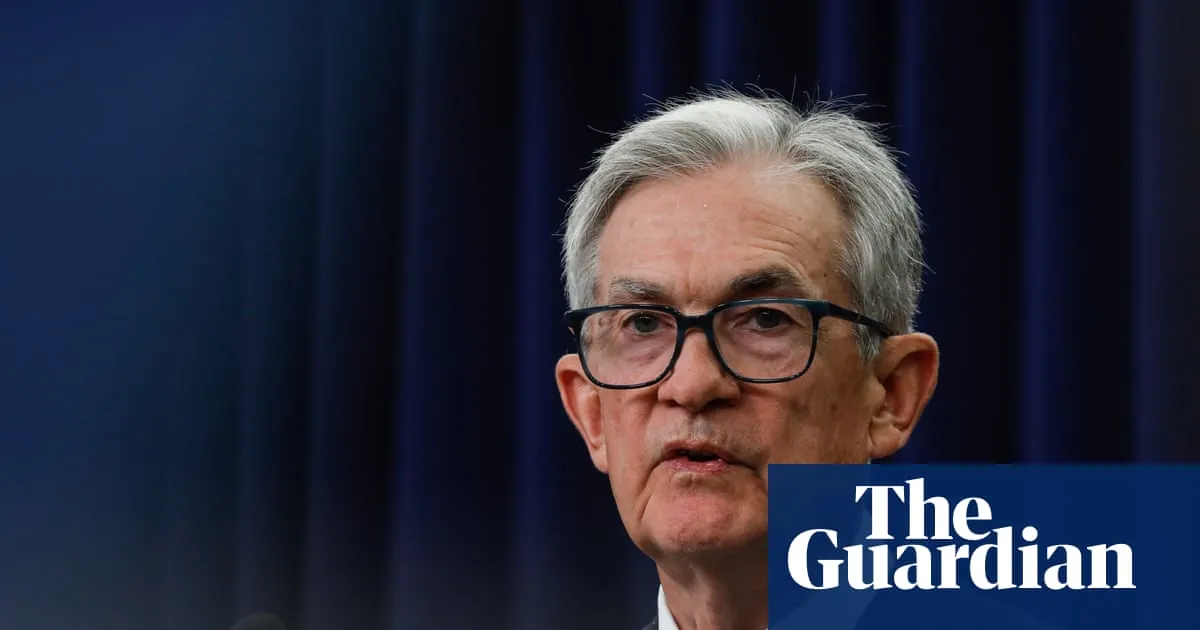
The US Federal Reserve chair, Jerome Powell, has firmly rejected accusations that the central bank allows political influences to dictate its decisions. This statement comes during a significant debate regarding the independence of the Federal Reserve, especially in light of increasing scrutiny from political figures, including former President Donald Trump.
Trump has openly criticized Powell, labeling him as “a very political guy” after the Fed chair declined to comply with the president’s repeated calls for drastically lower interest rates. This public conflict highlights the ongoing struggle between the federal government and the central bank, raising questions about the effectiveness of monetary policy and its relation to political agendas.
The White House has embarked on an unprecedented campaign aimed at restructuring the Federal Reserve’s rate-setting board of governors. This initiative involves attempts to install an administration official and even efforts to dismiss a Biden appointee amidst allegations of mortgage fraud that remain unconfirmed. Such actions have intensified concerns about the potential politicization of the Fed.
During an event in Rhode Island, Powell addressed the criticisms directly, stating, “Many people don’t believe” the Federal Reserve is strictly following economic data in its decision-making processes. He characterized the claims of political influence as a “cheap shot,” underscoring the Fed’s commitment to objective economic analysis rather than political pressures. Although he refrained from mentioning Trump by name, it is clear that the former president has emerged as a prominent critic of both Powell and the Fed.
This exchange of comments follows the Federal Reserve's recent decision to implement its first rate cut since December, a strategic move aimed at stabilizing a fluctuating labor market, particularly as Trump’s tariffs have contributed to rising prices. Powell reiterated the Fed's current economic stance, mentioning, “Near-term risks to inflation are tilted to the upside and risks to employment to the downside – a challenging situation.” This assessment indicates the Fed’s cautious approach in navigating a complex economic landscape.
Contrasting Powell's perspective, Stephen Miran, a Trump-appointed governor on the Fed board, has voiced his dissent regarding the recent rate cut. Miran advocated for a more substantial reduction, arguing that “relatively small changes in some good prices have led to what I view as unreasonable levels of concern.” He further posited that tariffs could lead to significant fluctuations in the nation's net national savings, illustrating the diverse opinions within the Federal Reserve on how best to address the current economic challenges.
The ongoing dialogue surrounding the Federal Reserve's independence and its approaches to interest rates continues to be a contentious issue. As the central bank navigates political pressures and economic uncertainties, the commitment to data-driven decision-making remains paramount.
For further updates on the Federal Reserve and its policies, stay tuned to our news coverage.